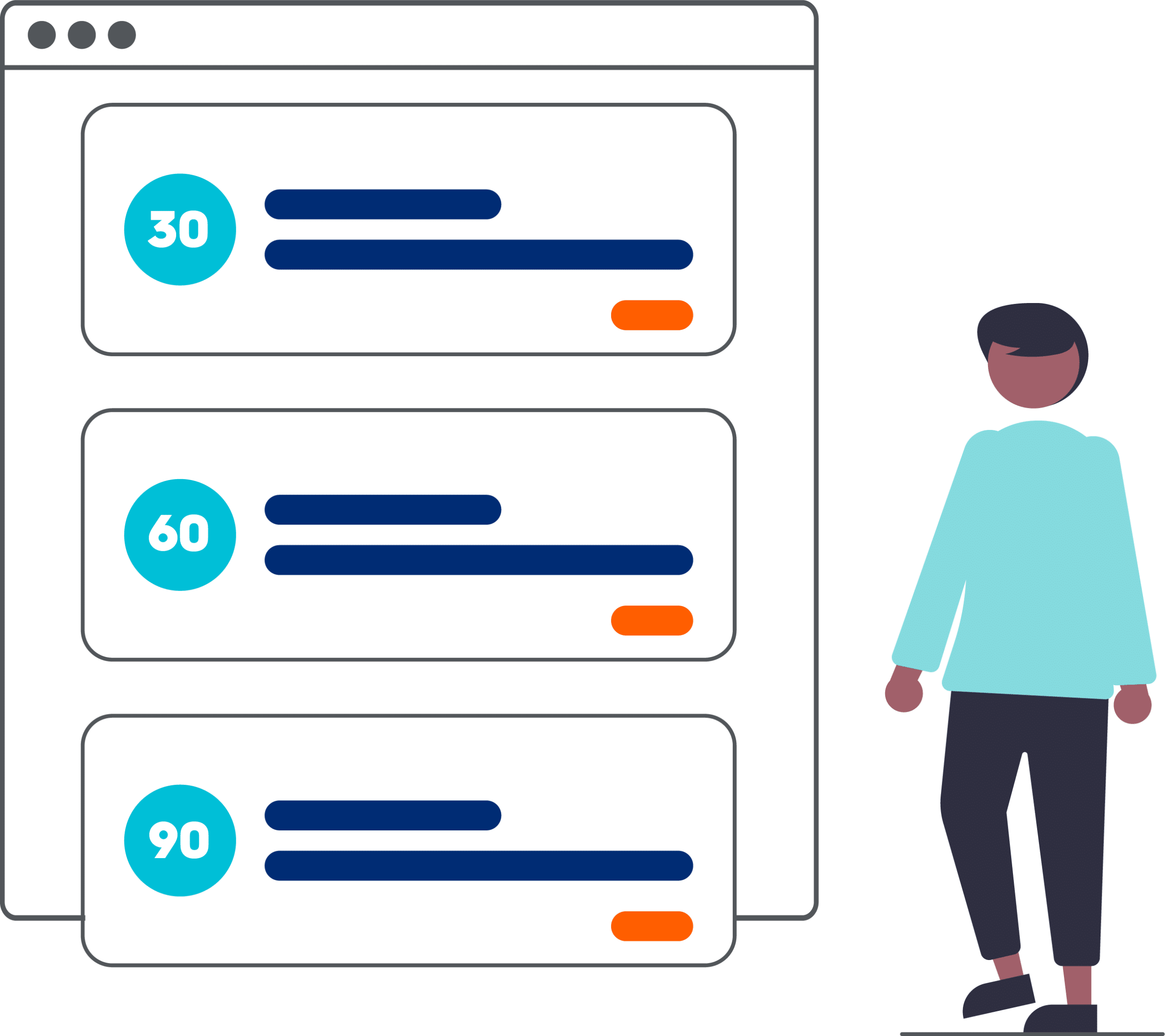There’s an expensive problem business owners struggle with today. I’m talking about the “T” word: turnover. Just how much is turnover costing businesses?
Here are some stats:
- It’s estimated that losing an employee can cost a company up to two times the employee’s salary.
- For hourly workers, turnover costs around $1,500 per employee.
Not to mention the other costs of turnover, like lost revenue due to short-staffing and the negative impact on employee morale.
Of course, there are many things you can do to improve your employee retention including:
- Raising pay (64% workers we surveyed said they would stay at their current job if their employer gave them the compensation they were looking for.)
- Offering competitive benefits
- Increasing PTO and other work/life balance initiatives
- Properly training management
- Giving employees the tools they need to do their jobs effectively
But whether you’ve implemented these types of retention strategies or not, you are bound to still have great employees leave your organization for their next opportunity. With the right exit interview questions, employees that quit can actually be a great resource for insight into how to make your business a better place to work.
What is an exit interview?
An exit interview is an interview you give to an employee who is leaving the company. The purpose of an exit interview is to seek feedback from an exiting employee that will help you improve your processes and prevent future turnover. They can also create a better offboarding experience for employees that are leaving which positively impacts your employer brand if that employee chooses to write a review on an employer review site.
So that you can make the most of exit interviews, we want to share 12 exit interview questions that can help you better understand an employee’s experience with your company and their reasons for leaving. Hopefully, the answers will allow you to make positive changes for current and future employees.
1. How did the day-to-day realities of your role compare to our description of the role when you began working with us?
It’s important to ask employees whether the duties they performed in a role were in line with what they expected when they took your offer. Was your initial description of the role accurate? If not, does that play a role in the employee moving on?
This can help you understand why an employee is leaving, and it can also help you craft a more accurate job description for the open role you will be filling. Accurate job descriptions are important for many reasons, including the candidate experience. In our Candidate Experience Report, we found that “Clearer and more accurate information about the job and responsibilities” was the number one improvement job seekers wanted employers to make.
2. Did you have the tools and resources you needed to effectively do your job?
Many of the questions you ask will not only shed light on why your employee is leaving, they will also help you understand the problems that are currently impacting other employees at your company.
Not having the right tools and resources can be stressful and frustrating for employees and lead many of them to seek out new opportunities. Ask employees that are leaving what they were lacking so that you can improve the workplace for your team.
3. How would you describe our company culture?
Company culture is important. When searching for a new job, 77% of applicants said they would consider a company’s culture before applying and 65% of American millennials are more likely to care about work culture over salary.
This question will give you a pulse on the health of your culture as perceived by those that amplify it – your employees.
4. Were you satisfied with the employee benefits provided?
Competitive benefits like health insurance, PTO and employee development opportunities will help you retain current employees and attract and hire new ones.
The best way to find out how your employees feel about benefits you offer is to ask them. Consider sending out benefits surveys to all current employees and ask anyone that’s leaving for their thoughts on the subject. Are you finding that many exiting employees say a lack of benefits played an important role in their decision to leave? If so, it may be an expense worth investing in.
5. What would you improve to make your workplace better?
Do your employees feel like they are working too much overtime? Are they often frustrated by their unpredictable shift schedules? Or maybe they want more opportunities to socialize with coworkers or absolutely hate that 4pm Friday meeting. There’s only one way to find out: ask!
Find out what your past employees’ biggest frustrations were with the workplace and get ideas for how to make it better.
6. Did the onboarding process provide you with all the information you needed to be successful?
Onboarding is important. How important? Employees who have a positive onboarding experience are more likely to remain with the employer for three years, and companies that focus on onboarding retain 50% more new employees than those that don’t. Plus, a standard onboarding process results in a 50% increase in productivity.
Since a good onboarding experience can make such a big difference when it comes to employee retention, asking this question to employees that are leaving is a great way to make sure the new hires replacing them are onboarded properly.

Download Our Free 30-60-90 Day Onboarding Checklist
Want to improve your onboarding process but don’t know where to begin? We’ve got you covered. Download our free resource, The 30-60-90 Day Onboarding Checklist to get started.
GET MY CHECKLIST7. Were there any company policies you found difficult to understand?
If you’ve worked at your company for a while or even started the business, then you most likely know company policies like the back of your hand – heck, you may have even created and implemented them yourself.
When you are so deep in the business, it’s a good idea to take a step back every now and then and evaluate how your policies are being perceived by the people that are affected by them.
8. Do you have any feedback for your manager?
Management is another huge factor in employee retention. It’s estimated that bad management costs U.S. companies around $960 billion dollars per year! Plus, in our Toxic Work Environment Report, 35% of employees said that more training for managers/leadership should be a priority when it comes to creating a more positive work environment.
Hopefully, you have a process in place that allows all employees to provide feedback on their managers. And you’ll definitely want to make this kind of question a priority for anyone exiting a role.
9. Are there any changes that could have been made to prevent you from leaving?
This question is a great way to get specific feedback on what changes you might make in the future to retain your staff. You may not be able to convince an employee to stay, but you can act on their suggestions to prevent other employees from leaving.
10. What are you most looking forward to in your new job?
This question can give you insight into an employee’s motivation for leaving and show you where your company might be lacking. It can also give you a sense of what other job seekers might be looking for out of new roles.
11. Would you recommend working at our company to a friend? Why or why not?
This straightforward question can tell you a lot about an employee’s time at your company. It also gives you some insight into what this employee’s or others online reviews might say.
Keep in mind that more than half of job seekers said they wouldn’t apply to a company with negative reviews online. So an employee’s answer to this question may help you take a more proactive approach to building your online image.
12. Anything else you’d like to share?
Lastly, a great way to wrap up your exit interview is by asking your former employee if they have anything else they’d like to share. This gives the employee one last chance to provide any helpful feedback about their experience working with you and cover anything your questions might have missed.
Exit interview tips
Exit interviews work best when an employee is leaving on positive terms. Even then, you might be surprised to hear some of the things they have to say! Remember not to take anything personally. The feedback you receive is invaluable in helping you retain the other members of your team.
When you conduct exit interviews, look for patterns in the feedback you receive. Trends can point towards organizational issues and should be addressed swiftly to avoid losing any other great employees.
An exit interview means the loss of an employee. However, with the right exit interview questions, these meetings can also be the difference that helps you keep many more great employees around.




























